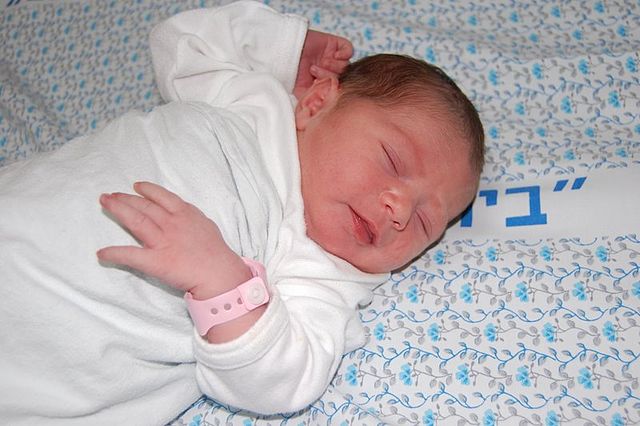Alabama is currently facing significant repercussions as a result of a state court’s ruling, which defines frozen embryos as human beings. This landmark decision has sparked a complex debate, placing the state at the center of a new legal and ethical dilemma.
The court’s judgment immediately raises questions about the implications for those individuals and entities involved with in vitro fertilization (IVF) clinics. It suggests dramatic shifts in current procedures, handling, and long-term care of frozen embryos.
From a legal standpoint, the ruling may impact the rights of parents, matters pertaining to custody, and possibly lead to changes in family law as it stands. It also opens the door to a broad range of legal responsibilities and moral obligations for the caregivers and potential parents of these embryos.
Public reaction to this ruling has been deeply divided. Some community members view this decision as a step forward in protecting human life at its earliest stages, while others express concern about the intrusion into personal reproductive decisions and rights.
In the medical community, particularly among fertility specialists and ethicists, this decision fuels the ongoing debate regarding the status of embryos. Researchers and clinicians are bracing themselves for the potential complexities that might arise concerning the medical treatment of frozen embryos.
Looking ahead, Alabama faces a period of legal uncertainty as any potential appeals and implications of the decision unfold. Stakeholders are bracing for what changes might be on the horizon, considering the ethical, practical, and legal ramifications of the groundbreaking court’s decision.
















